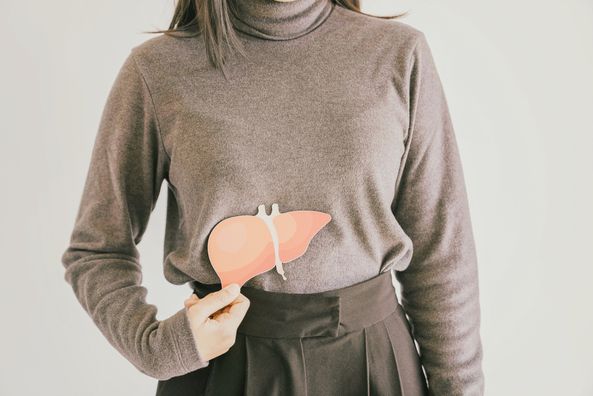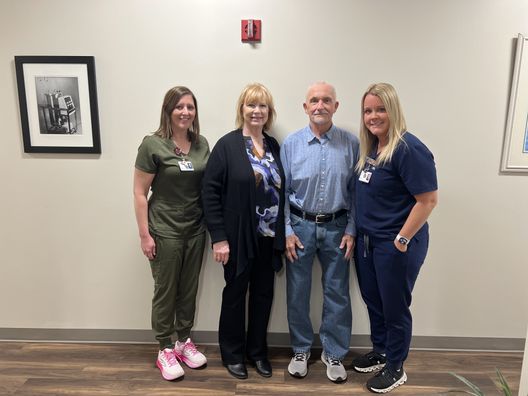The Rundown of Fatty Liver Disease
What is a fatty liver disease? First off, let’s talk about the liver. Your liver is the largest organ inside your body. It acts as a filter for medications and alcohol, it stores energy and vitamins and also aids in digestion. Our liver does so much for us, but there is an epidemic that is not talked about.
Fatty Liver Disease is the accumulation of fat in the liver. Sounds simple enough, but untreated it can lead to inflammation, tissue damage, or even irreversible loss of function called cirrhosis. About 25% of adults globally have some degree of fatty liver disease, but most do not have any idea. Non-alcoholic fatty liver disease (NAFLD) means alcohol is not the greatest issue causing liver damage. Sadly, NAFLD is on the rise. The good news is, this is often treatable with diet and lifestyle changes, along with talking to your primary care provider. There are 2 types of Non-alcoholic fatty liver disease:
Simple fatty liver– excess accumulation of fat in the liver. This is the most common type.
Non-alcoholic steatohepatitis– excess accumulation of fat in the liver in addition to inflammation. According to Harvard Health, about 3 – 7% of people with fatty liver disease have this type.
Risk Factors and Symptoms
Risk factors include obesity, especially visceral adiposity. Visceral adiposity is a fancy word for people who carry excess weight around their waist. Diets high in refined carbohydrates like desserts, sugary beverages, white pasta, and white bread may increase risk. Lastly, Type 2 diabetes increases the risk of Non-alcoholic Fatty Liver Disease.
Many people have no symptoms at all, that is why it is important to have a good relationship with a primary care provider who can order liver enzyme tests if they suspect you are at risk. Symptoms are often vague such as decreased appetite, nausea, or lethargy.
How to Help
Start with talking to your primary care provider, from there it may be beneficial to see a dietitian. Dietitians are medical nutrition experts who can help you reach your goals and make changes. General treatments for NAFLD usually include weight loss, improving diet quality, increase activity, and management of other chronic disorders such as diabetes.
Health Topics:







